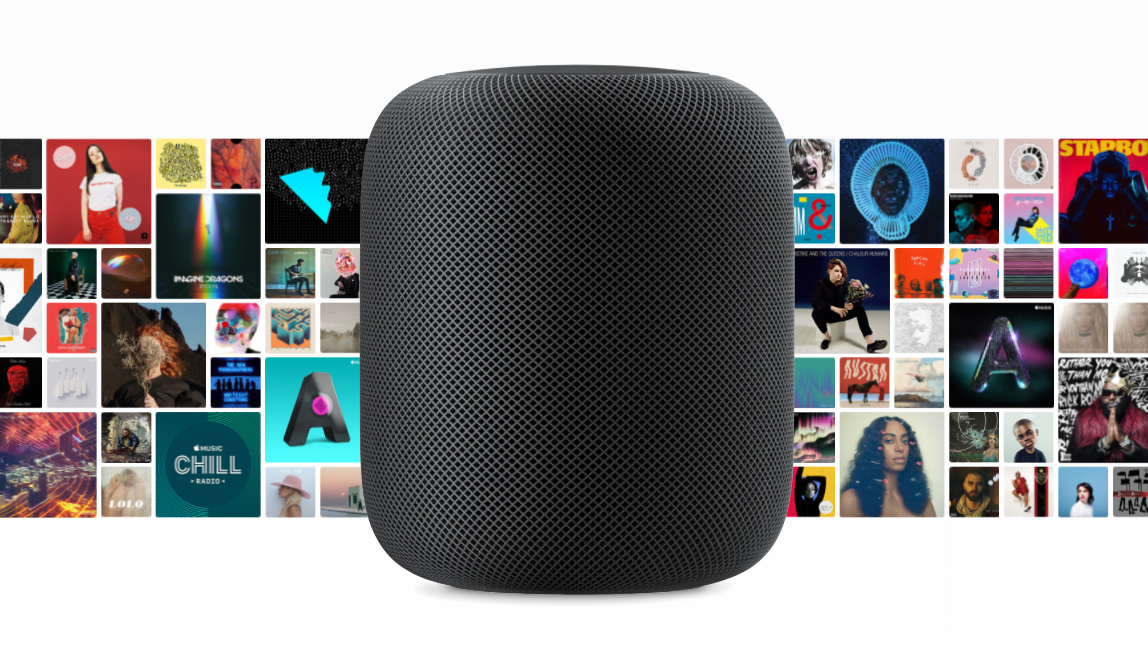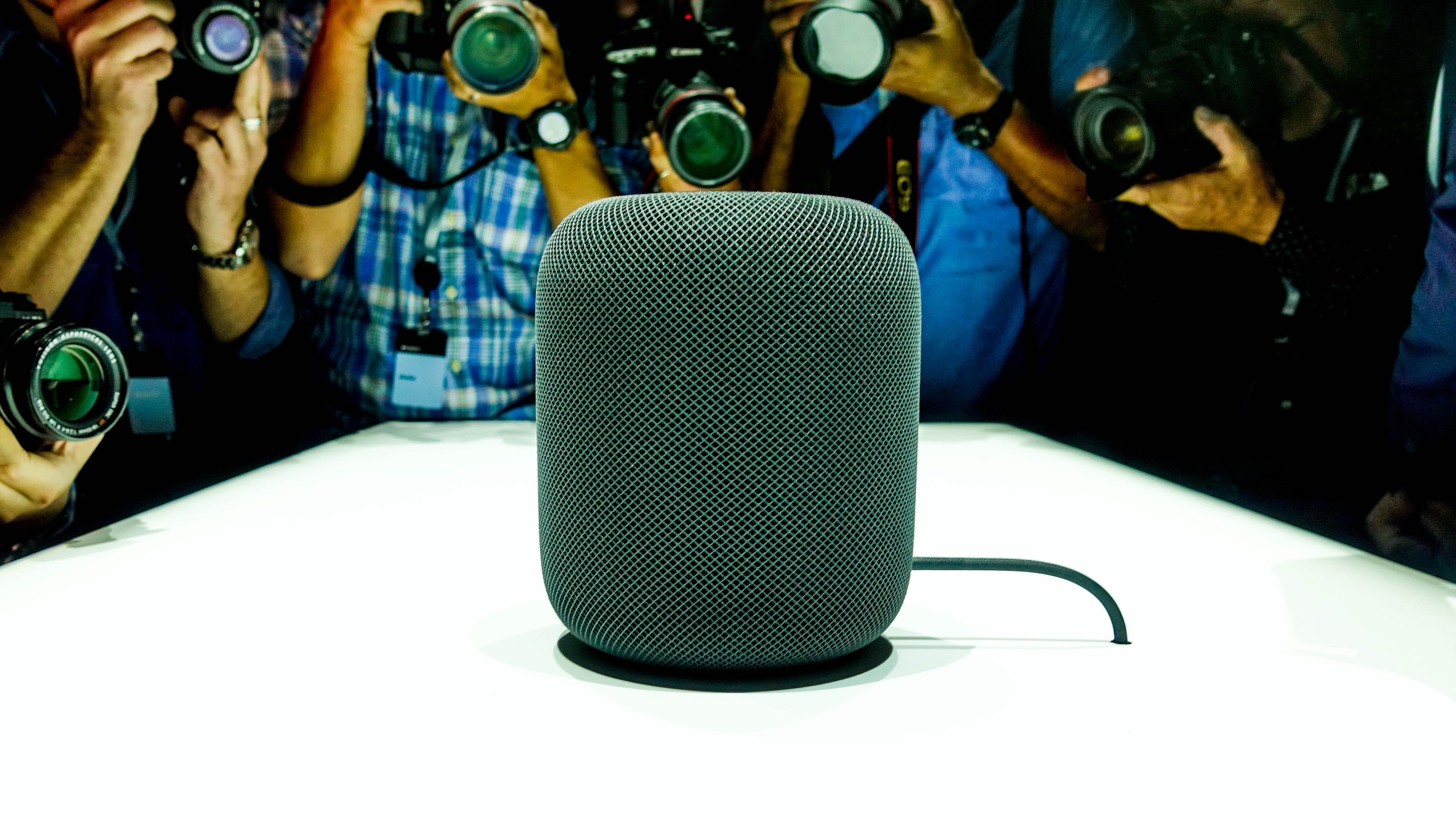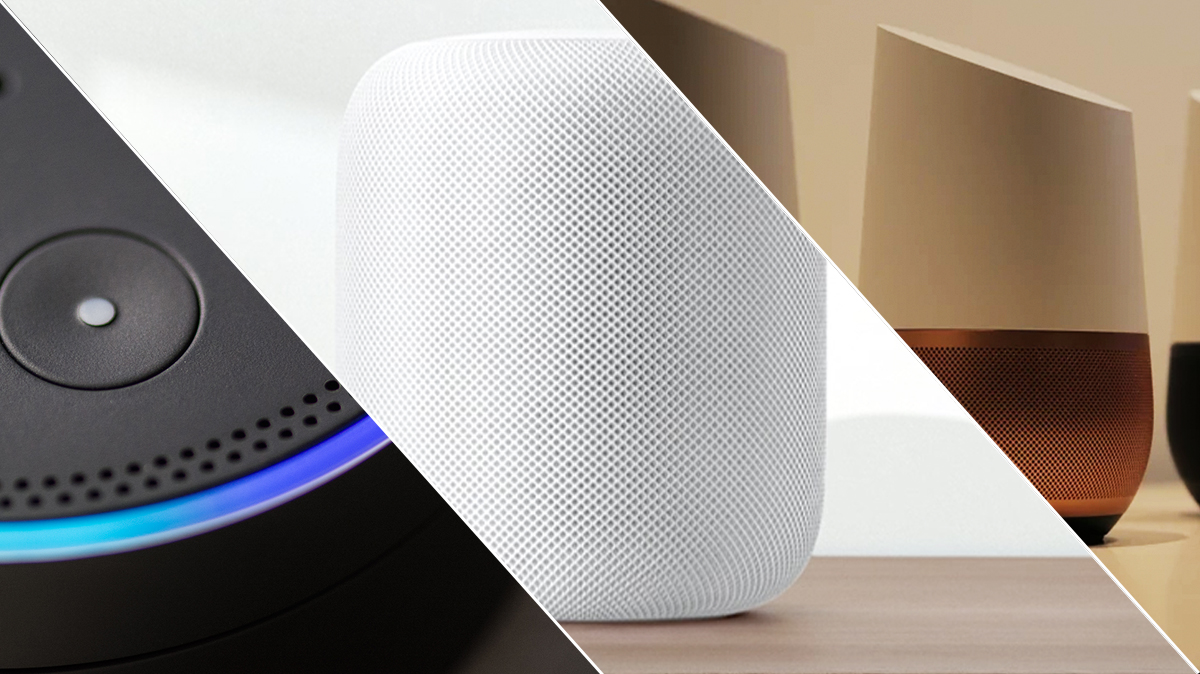Apple HomePod isn't an Amazon Echo rival - it's a Sonos killer

For months, analysts all over the industry foretold the coming of the Siri Speaker – a Wi-Fi audio device from Apple that had a home assistant baked right in.
They said it would be Apple’s answer to the Amazon Echo or the Google Home, and those who were close to it said those were the products Apple engineers looked to emulate.
But they were wrong: HomePod isn’t an Amazon Echo rival. It’s a Sonos killer.
Here’s the thing, if Apple was targeting the Google Home or Amazon Echo, it failed. It failed miserably. Not only are those two speakers substantially cheaper than the $349 (about £270 or AU$460) Apple HomePod, but the HomePod feels far behind in terms of connectivity. (Amazon’s new Echo has a screen, while Home has deep Chromecast functionality.)
But the Apple HomePod doesn’t line-up with those. The better comparison, and the one we all should’ve made from the beginning, is to a Sonos Play:3 speaker.
Instead of seeing the HomePod as a Siri Speaker, a device that feels late and underdressed to a party, see it as the evolution of the connected Wi-Fi speaker – loaded to the gills with a seven beam-forming tweeter array, a 4-inch upward-facing woofer and a library of 4 million songs.
HomePod’s weapon of choice? AirPlay
So how does Apple plan on committing the homicide? It seems like the answer lies in AirPlay, that open standard Apple has been using for ages to tether devices together.
Sign up for breaking news, reviews, opinion, top tech deals, and more.
Apple’s announcement of AirPlay 2.0 was something it breezed through during Monday’s WWDC keynote. It announced the new capabilities almost dutifully, before pressing on to the New iPad Pro (really, Apple? That’s the best name you could come up with?) and the improvements coming to the Metal SDK.
The better comparison, and the one we all should’ve made from the beginning, is to a Sonos Play:3 speaker.
Don’t get me wrong, I love hearing about how Apple is diving into VR with the HTC Vive, or how great macOS 10.13 High Sierra is going to be. I do. But when you’re telling us that all AirPlay 2.0 speakers will be controllable by Siri and any AirPlay speaker can be accessed and grouped by the Home app, we should probably spend a few minutes on that.
If it works as described, AirPlay could replace every first-party app from audio makers like Bose, Sonos, Ultimate Ears and dozens of others. They’ll have no purpose any more.
Unlimited control of speaker groupings and music playback were the features that built Sonos as a brand 15 years ago, and now Apple is stealing that thunder.

Thunder, meet Flash
I’ve described certain speakers “all flash and no thunder” in the past. When I said it, I meant that the speaker spent so much time honing its image or its feature set, it forgot what the most important aspect of a speaker should be: sound quality. (Cough, Beats, cough.)
From the spec sheet, that’s exactly the opposite of what Apple is doing with the HomePod.
It has a seven beam-tweeter array, each with their own drivers, and a high-excursion woofer. It has an Apple A8 Chip inside that will intelligently sculpt sound to match the environment it’s in. It uses an advanced algorithm that continuously analyzes the music and dynamically tunes the low frequencies for distortion-free sound. It can analyze the acoustics of a room, adjust the sound based on the speaker’s location and steer the music in the right direction.
It could be a great-sounding speaker. And if it is, then Sonos is in real trouble.
But more to my point, it doesn’t seem fair to compare the HomePod to the Google Home or Amazon Echo. The Home, for example, has a 2 inch driver and dual 2 inch passive radiators while the Echo uses one 2.0 inch tweeter and a built-in 2.5 inch woofer. The difference between these “AI first, sound quality second” products and Apple’s HomePod should be night and day.

Oh yeah, and it has Siri too
Instead of seeing Siri as the HomePod’s main purpose, look at it like the cherry on top of a delicious, Wi-Fi connected cake: It can clearly integrate with dozens of smart home appliances right out of the gate and answer any questions you might have, but those aren't the sorts of things that the HomePod will excel at.
Amazon’s Alexa and Google Assistant are going to be smarter, more clever and more intuitive than anything Apple puts into the HomePod.
In terms of smart home functionality, HomeKit isn’t a resounding success yet, and while it’s well supported it doesn’t have the same enthusiasm behind it that Samsung’s SmartThings platform has.
Similarly, while I expect some improvements to be made to Siri before the HomePod’s launch in December of this year, I fully expect it to be the hit-or-miss virtual assistant I have on my iPhone today. With over two years in public development and many more behind closed doors, Amazon’s Alexa and Google Assistant are going to be smarter, more clever and more intuitive than anything Apple puts into the HomePod. I have very little doubt about that.
In summary? Calling it a Siri Speaker belittles the HomePod’s greatest strengths. It’s not an AI-equipped smart speaker but a relatively bold evolution of the Wi-Fi speaker that now comes with a still-in-development virtual assistant.

Nick Pino is Managing Editor, TV and AV for TechRadar's sister site, Tom's Guide. Previously, he was the Senior Editor of Home Entertainment at TechRadar, covering TVs, headphones, speakers, video games, VR and streaming devices. He's also written for GamesRadar+, Official Xbox Magazine, PC Gamer and other outlets over the last decade, and he has a degree in computer science he's not using if anyone wants it.